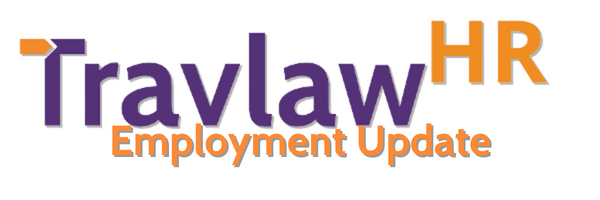
Harassment in the workplace is not a new phenomenon, however the appetite to banish it from the workplace is gaining speed. Employers in the travel industry should be aware that the law in relation to workplace harassment is changing says Travlaw Partner and Head of Employment Ami Naru.

The government is supporting a Private Members Bill to strengthen the law on sexual harassment in the workplace. The Worker Protection (Amendment of the Equality Act 2010) Bill will introduce a new positive duty on employers to take reasonable steps to prevent sexual harassment taking place. If employers fail to do so, then employees could see an uplift of up to 25% to their compensation award in any sexual harassment claim.
The Bill will also provide protection to employees who are harassed, by third parties such as clients and customers of the employer. In the travel industry, this may be the case for employees working in a travel agency coming into contact with customers or it may be the third party suppliers that the employer contracts with. The protection here is not limited to sexual harassment, but could for example include harassment on grounds of race or religion. There is no actual requirement for harassment to have actually taken place, as employers will be liable from the first act of harassment, if they have failed to take all reasonable steps to prevent harassment happening in the first place. This will mean that employers in the travel industry will have to be proactive and this will mean more than just putting up a sign saying that you do not tolerate harassment. What steps an employer is required to take will depend on the organisation; for example, if they deal with the public or third party contractors additional steps will need to be taken. To provide further guidance the Equality and Human Rights Commission (EHRC) have been tasked with re-writing the Code of Practice on Harassment, which is likely to revise the law defining what employers need to do to minimise workplace harassment in the modern workplace.
This is an important subject and one that could potentially affect not only an employer’s ability to defend any potential claims from harassed employees, but could also have significant reputational damage for the Company. Recently McDonalds for example recognised they had a serious problem with workplace sexual harassment and reached a legal agreement with EHRC to take steps to eliminate sexual harassment in their restaurants. Taking positive steps to prevent harassment of any type will also serve employers well not only in terms of recruitment, but also retention of staff and being an employer of choice. Many employers already have Anti- Harassment policies in place, but if you do not, now would be the time to act ahead of legislative changes to demonstrate to your staff that you are wanting to do this and not doing it because the law requires you to do it.
Right now employers should be training staff on the standards they expect in the workplace, and emphasising the message that action will be taken against those who harass others. Refreshing this training on a regular basis is important to capture new starters, but also to reinforce the message. Existing Anti – Harassment policies should be revisited, and if an employer does not have one they should put one in place. Employers should also ensure that any third parties that they contract with also have similar arrangements in place and that this is captured in any commercial agreements that you have with them.

If you require any assistance in putting relevant policies in place or training your staff please get in touch;
or call;
0113 258 0033
This article was originally published on: 20 February 2023




